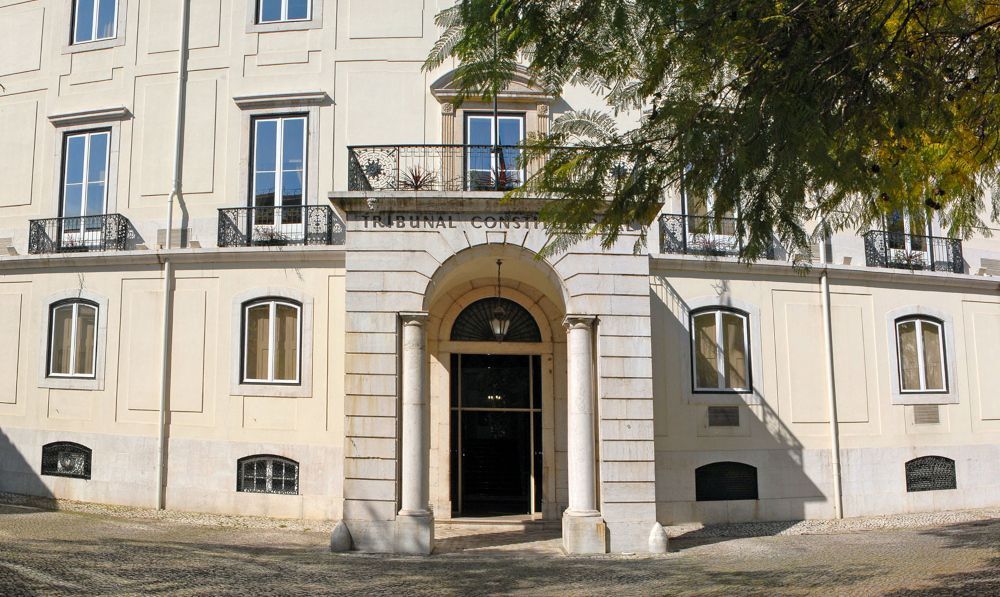Last Will in Portugal
In Portugal, the Last Will is set up at a Notary Public, where you must be present - a legal representative cannot do this for you. Additionally, you must be accompanied by two witnesses who cannot be your family members and will declare that you are in your full capacity.
Wills in Portugal are (i) Public, when written at the Notary Public, on the deed’s book; or (ii) Sealed, when written and signed by the testator. In case of the latter, it is still mandatory to be approved by the Notary Public, to ensure that the provisions are in accordance with the Portuguese Law.
According to Portuguese Law, if there are legitimate heirs (children, parents, or spouse), you can only dispose of 1/3 of your assets, as 2/3 of your assets belong compulsorily to the legitimate heirs' Estate.
Why should I have a Last Will in Portugal?
Regardless of your nationality, it is important to have a will in the countries where you live and where you have assets, most importantly real estate properties. The Last Will is the only way by which you can guarantee who will inherit your assets when you pass away. Otherwise, the general rules of the International Private Law will be applicable, and your heirs may differ from what you were expecting. For example, in the UK, when a person passes away, the spouse may be the sole heir. However, in case this person passes away with his/her habitual residency in Portugal, without a valid Last Will, it is possible that the Portuguese Law is applicable to the Estate; therefore, as mentioned above, the heirs will be not only the spouse, but also the children.
To avoid any misunderstandings, on your Last Will you may declare that you wish that your nationality’s law is applicable worldwide to all your Estate. Thus, you may have the opportunity to take control on who will be deemed your legitimate heir. Looking back at the example of the UK citizen, if said person declares on the Portuguese Will that the applicable Law to his/her Estate is the British Succession Law, then it may be declared that the only heir of the assets located in Portugal is the spouse, and the children will not inherit anything - at this first moment, but eventually they will upon his/her spouse’s decease.
Obviously, Portuguese Notaries Public do not have knowledge nor competence regarding the succession law of other jurisdictions; therefore, to make sure that such disposal of the assets is valid under the testator nationality’s law, a Certificate of Law issued by a competent entity will also be required to set up the Last Will.
In case you change your mind, or if you acquire more assets in Portugal that you would like to assign to a specific heir, you may set up a new Last Will, to revoke, change or add new provisions, being the latest Will set up the valid one, when the testator is found deceased.
In the Last Will, besides appointing who will be your heir, and/or which assets your heirs will receive, you may also appoint an Executor, who will be responsible for ensuring that your Last Will is honoured.
Considering the technological evolution we are living in, and thinking of a not so distant reality, it is interesting to consider the reference to your “digital assets” in your Last Will, namely your crypto assets, giving specific instructions regarding the access keys, to make sure that your appointed heirs will receive them and have access to your crypto wallet.
Inheritance Taxation in Portugal
Portugal abolished the Inheritance and Gift Tax in 2004, replacing it with a stamp duty that is levied on transactions, including free transfer of assets such as when one passes away, and the assets are passed on to the beneficiaries (i.e. by inheritance).
The flat inheritance tax in Portugal is 10% on the value of the transferred assets (regardless of the amount of the wealth transfer) and only the free transfers of assets in favour of natural persons are subject to taxation - meaning transfer of assets to companies are not subject to taxation.
The relatively low 10% flat inheritance tax in Portugal is an advantage in comparison with other countries with higher flat tax rates - which can go up to 40% in some countries, according to OCDE stats - and countries with progressive tax rates - which depend on the amount of the wealth transfer.
The inheritance tax is due whenever the assets are located in Portuguese territory, regardless of the residency of the beneficiaries of the respective transmission or the residency of the author of the transmission, which poses a double taxation issue:
- When the author of the transmission or the beneficiaries of the transmission do not reside in Portugal and the respective residency state also taxes such free transfer of assets;
- When, although residing in Portugal, the author of the transmission or the beneficiaries are not Portuguese nationals and their nationality state also taxes such free transfer of assets.
The inheritance tax is payable by the natural persons to whom the assets are transferred.However, for certain beneficiaries there is a tax exemption.
The surviving spouse or unmarried partner, children, grandchildren, parents and grandparents of the author of the transmission are fully exempt from inheritance tax.
However, the unmarried partner is only deemed an Heir if the Will of the author of the transmission states so, as the unmarried partner is not deemed a legitimate Heir according to Portuguese law.
The 10% inheritance flat tax rate is applicable regardless of the relationship between the author of the transmission and the beneficiaries, what is also an advantage in comparison with other countries where the tax rate varies depending on the relationship between them.
On another hand, certain assets are also exempt from inheritance tax, namely: life insurance, accidental death insurance, private pensions, real estate and investment funds, jewellery, furniture, and other household goods.
The Lead Heir (v.g. “cabeça-de-casal”) is required to file an inheritance tax return along with several documents, by the end of the third month following the death of the author of the transmission, such as: death certificate, bank statements, copy of the Will, balance sheets of the companies owned by the deceased and others.
If the liable tax is no more than € 1.000,00, it must be paid in a lump sum by the end of the second month following the notification to that effect. If it is more than € 1.000,00, it will be paid in installments (a maximum of 10, with a minimum of € 200,00 per installment).

Filipa Portela
Lawyer

José Manuel Pereira da Costa
Lawyer










